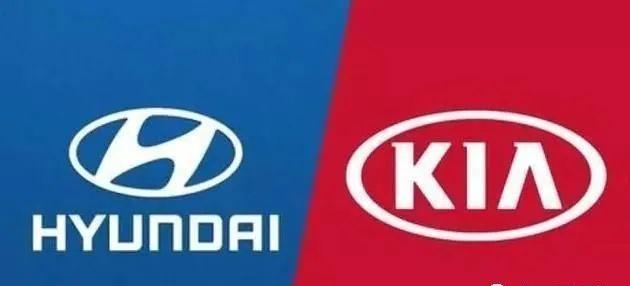With the rise of domestic cars, as well as the hot sale of German cars and Japanese cars, the presence of Korean cars in the domestic market has become lower and lower in recent years, and sales have been deteriorating. In 2016, The sales of Korean cars peaked in China, with Beijing Hyundai selling 1.14 million units and Dongfeng Yueda Kia selling 650,000 units, both of which together were close to 1.8 million. From 2017 to 2020, Beijing Hyundai's annual sales were 820,000, 790,000, 716,000 and 502,000, respectively, and Dongfeng Yueda Kia's annual sales fell to less than 250,000 units in 2020.

So, in the current situation, can Korean cars be bought? Compared with domestic cars, do Korean cars still have advantages? Although the current sales performance of Korean cars in the Chinese market is indeed much worse than before, Korean cars can still be bought, and among the joint venture cars at the same price, Korean cars tend to be more cost-effective. Although domestic cars can surpass Korean cars in terms of sales, technically speaking, domestic cars are still far behind. And even if the domestic market sales are frustrated, from a global point of view, the sales of Korean cars are still crushing domestic cars. In 2020, Korean cars sold 750,000 units in China, which is inferior to many independent brands, but Hyundai Motor Group's cumulative global sales in 2020 reached 6.35 million units, ranking among the top five in the world. In contrast, Geely Automobile sold 1.36 million vehicles worldwide in 2019, which is already the highest-selling independent car brand, but it still cannot rank in the top 20 of global sales of automobile brands. In addition, Hyundai's global cumulative sales have exceeded 100 million, and its background is far from being comparable to independent car brands.
In terms of the technical strength of the three major parts, Hyundai Automobile is significantly stronger than its own car brand. In terms of engines, kia K5 Kaiku is equipped with the world's first fourth-generation CVVD technology, Chinese called continuous variable valve duration technology, which can realize Otto, Atkinson, Miller cycles, and the compression ratio is flexibly adjusted between 4:1-10.5:1. In addition, the engine, oil-electric hybrid, pure electricity, hydrogen energy and other powertrains developed by Hyundai Motor Group have won the title of Ward's top ten engines for many times, while the record of independent automobile brands so far is zero.
In terms of gearbox, at present, the transmission that independent brands can independently develop only has dual clutch and CVT gearbox, of which the core module of the dual clutch transmission also needs to rely on foreign suppliers, while Hyundai Motor Group has 6AT, 8AT gearbox research and development production capacity, and Hyundai Group is one of the few car companies in the world with DCT, CVT, AT three gearbox independent research and development and production capabilities.
The technical strength of Korean cars is not to say that it surpasses brands such as Toyota Volkswagen, but at least it is stronger than domestic cars, so why is the market sales of Korean cars so poor in China? A big reason is that Korean cars do not pay enough attention to the domestic market, resulting in Korean cars missing out on good opportunities. After the Korean car entered the Chinese market, the early introduction of cheap models, such as Elantra, Rena, etc., in the hearts of many Chinese people have left the impression of Korean cars cheap, although later the introduction of eight generations of Sonata and other models, but in comparison, Korean cars in the chassis texture, interior materials and other aspects of the Japanese, German and other models do have a certain gap. In addition, Hyundai Motor has a perfect new car after-sales service in the United States and other regions, including a 10-year or 100,000-mile (about 160,000 km) warranty for the powertrain part, a 5-year or 60,000-mile (about 100,000-kilometer) warranty for new cars, and a 7-year body anti-piercing warranty, and a 3-year free maintenance service. Compared with most domestic models in 3 years and 100,000 kilometers, it is much stronger.
However, the Korean car that is painfully determined has also made changes, and the newly launched Kia K5 has launched a lifetime free maintenance, a lifetime powertrain warranty, a package vehicle purchase tax, a package insurance and other policies, full of sincerity. At the same time, the chassis texture of this generation of K5 is not as loose as the previous Korean cars, becoming more compact and comfortable, and compared with the same class of models, kia K5 is very cost-effective. Hyundai Group has obviously made up its mind to "break the wrist of a hero", and as for whether Kia K5 can become a life-saving straw for Korean cars, it depends on its market sales performance.